A new survey of game developers paints a somewhat less than rosy future for augmented reality gaming, but there's still some hope for its long-term prospects.
The Game Developers Conference, which is holding its annual event in March in San Francisco, recently surveyed about 4,000 game developers in its sixth annual State of the Industry report.
When asked which platforms they were currently developing games for, only 7% of developers indicated that they were developing for AR headsets, while 19% were developing for VR headsets. For their next game in development, only 7% anticipated working in AR headsets, while 17% expected to develop for VR headsets.

Chart data via GDC
And beyond looking at specific development scenarios, the survey also queried the industry on the long-term prospects of immersive gaming. When asked if VR and AR gaming represented a sustainable business opportunity, 71% said yes, a slight decrease from last year at 75%, while 31% of respondents believe that the install base of VR and AR headsets will surpass 10% by 2022 (25% believe the technologies will never surpass 40%).
Despite this somewhat tepid near-term outlook, there is interest among developers in both platforms, with 23% of developers expressing interest in AR, and 33% looking to kick the tires on VR. By comparison. Similarly, 30% are interested in developing for mobile devices and 28% are interested in Xbox (the lowest among consoles).
"Games like Pokémon Go have shown that it's possible to have mainstream appeal in an AR game," said one respondent. "I'm skeptical of VR in its current incarnation, as I think it needs more accessible hardware/space requirements and better ways to involve a group of people in the living room before it can take off."

Popularity of mobile game development could fuel future AR gaming on Apple's ARKit and Google's ARCore platforms.
That attitude, along with the current gaming environment, could facilitate future growth for AR versus VR gaming. The leading platforms for current game development are the PC and mobile devices (though both platforms give some ground to consoles in terms of future development). Overall, that's good news for PC-tethered headsets, like the Meta 2, and favorable news for Apple, Google, and their AR toolkits, as well as untethered headset makers.
Currently, 42% of developers see mobile dominating the "immersive reality" landscape in five years, with 21% betting on PC/console experiences, and 13% seeing both modes having equal adoption.
In terms of specific models of virtual and augmented reality headsets, 18% of developers favored HoloLens for development, while 10% were interested in Magic Leap. However, 47% of those surveyed weren't interested in "any" of the immersive gaming headsets.

Games for HoloLens, like Buggy Blasters, could become more common place over the next five years if game developers' preferred AR headsets are any indication.
As for those who "are" engaged in developing for immersive gaming, when boiling down VR and AR to escapism versus utilitarianism, the gaming industry's favoritism of VR is logical. However, if enthusiasm for VR fades over the next few years, AR will have an even bigger opportunity to gain ground.
"I believe AR will be bigger than VR in terms of reach and utilization," one developer said in response to the survey. "A lot of people already have a smartphone, and there are already many apps that demonstrate clever usages of AR."
A full report on the survey is available through GDC's website.
- Follow Next Reality on Facebook, Twitter, Instagram, YouTube, and Flipboard
- Sign up for our new Next Reality newsletter
- Follow WonderHowTo on Facebook, Twitter, Pinterest, and Flipboard
Cover image via Proxy42














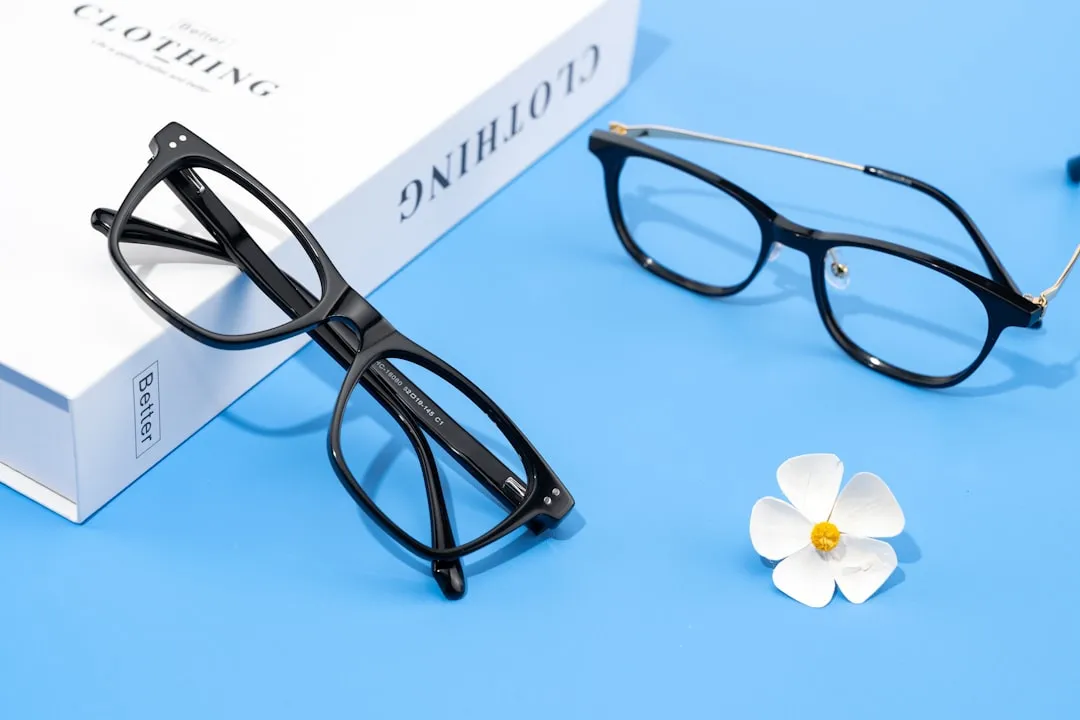

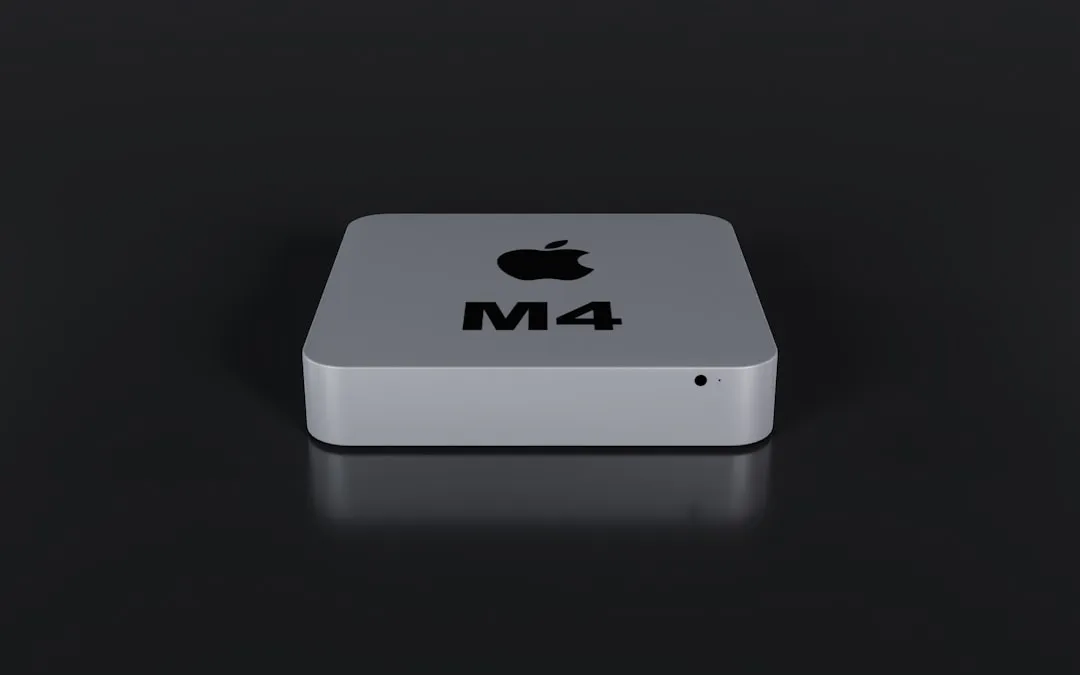
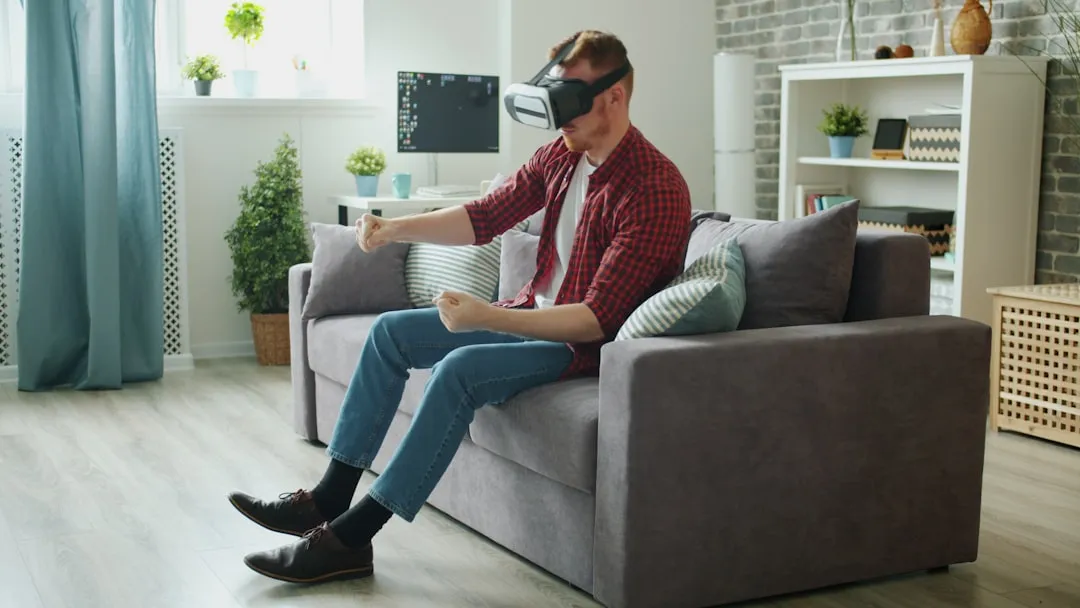
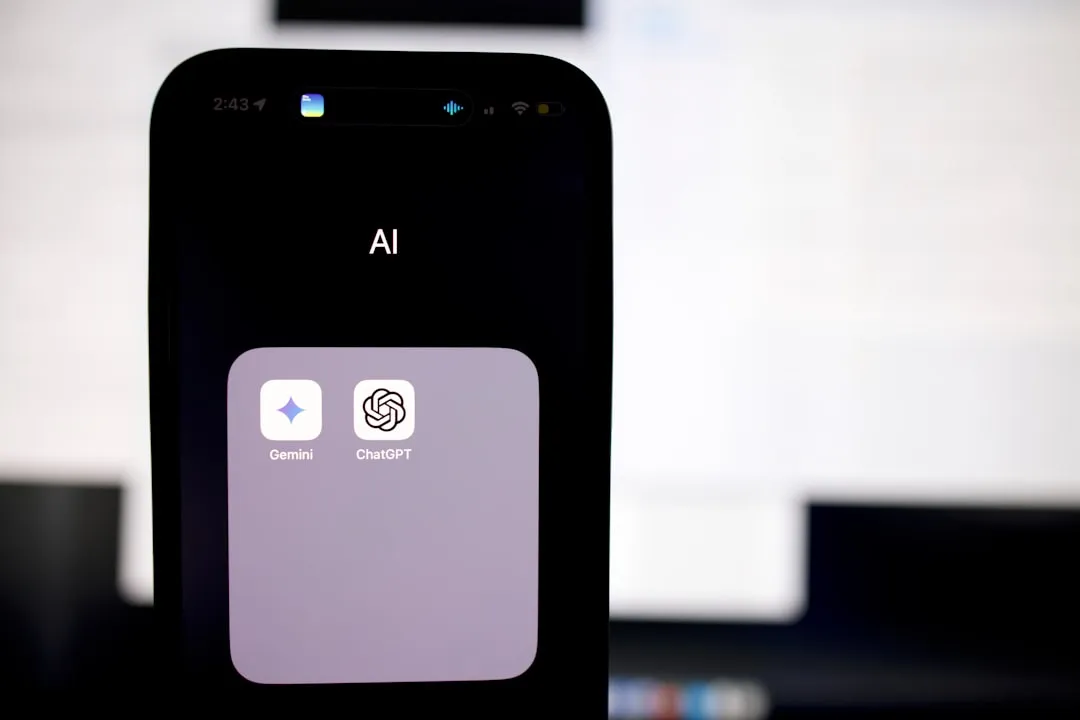
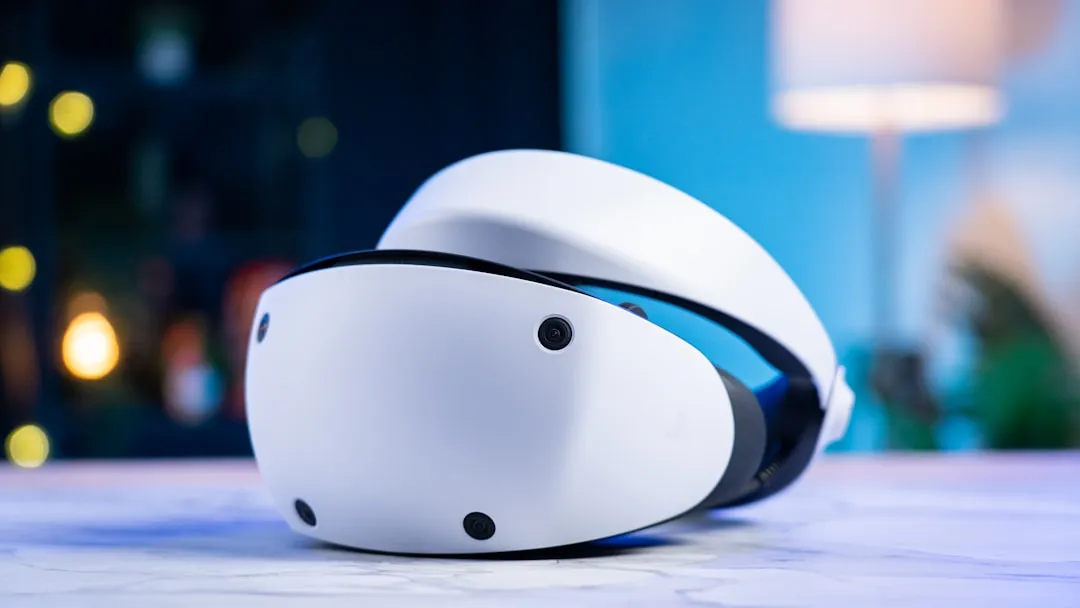



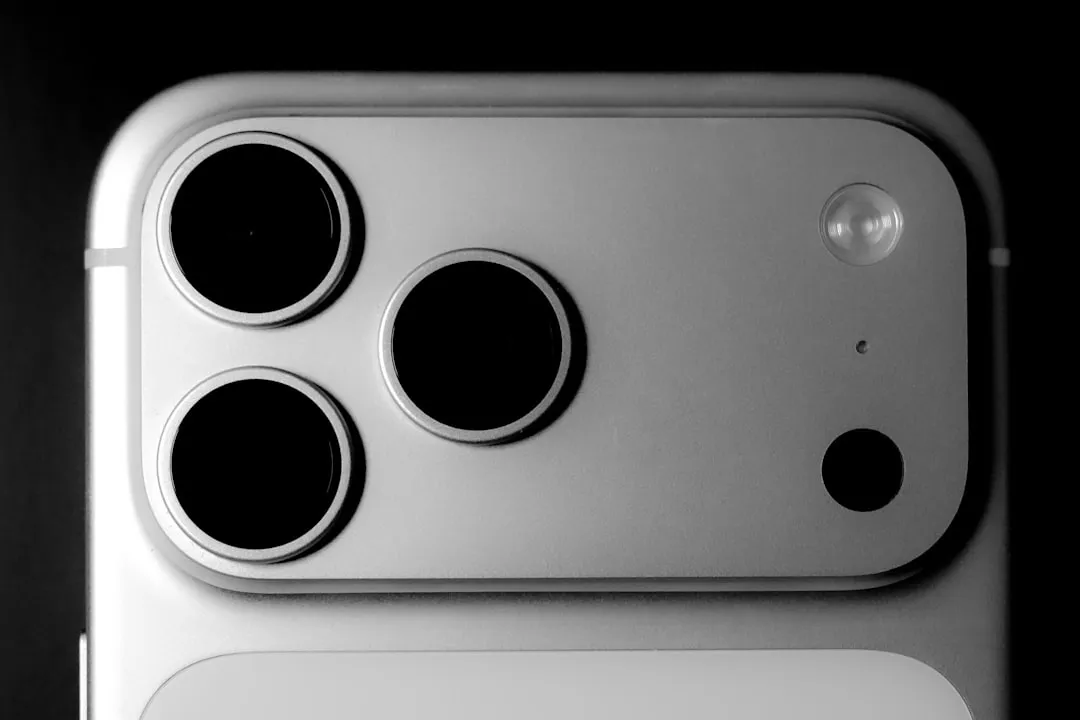

Comments
Be the first, drop a comment!